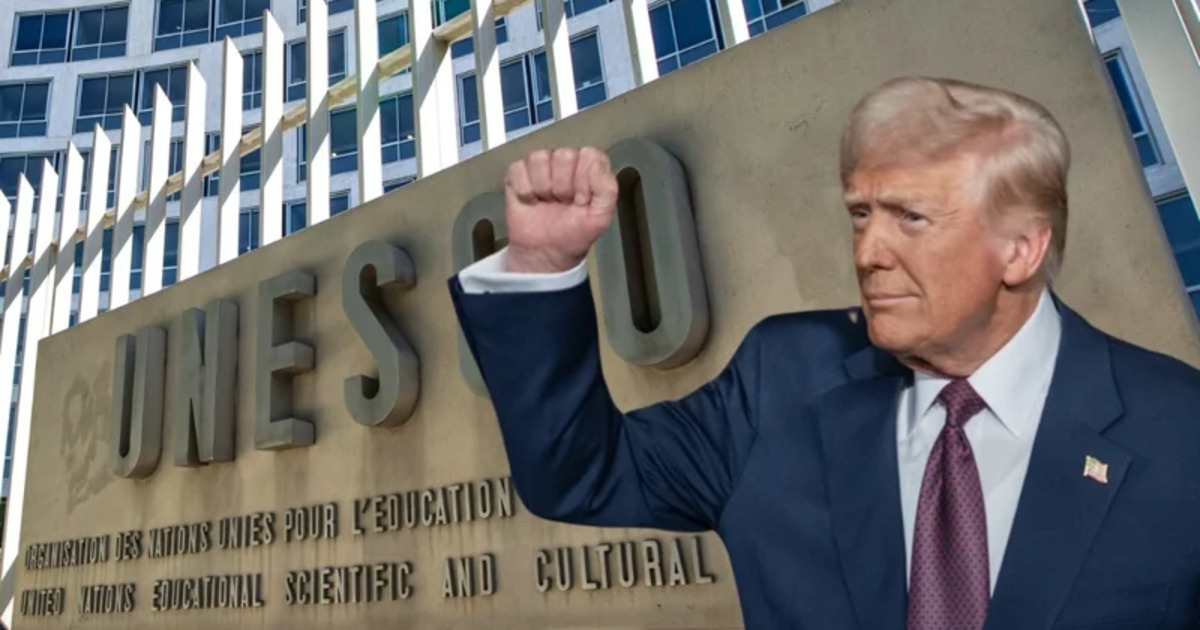July 23, 2025 — The United States has announced its intention to withdraw from the United Nations Educational, Scientific and Cultural Organization (UNESCO) for the third time, citing concerns over what it described as the organization’s bias against Israel and its promotion of divisive global issues. The decision comes just two years after Washington rejoined the agency under President Joe Biden.
According to U.S. State Department spokesperson Matthew Bruce, the move was prompted by UNESCO’s continued actions that allegedly undermine American foreign policy objectives, particularly its recognition of Palestine as a member state, which the U.S. sees as controversial and politically charged.
“UNESCO has increasingly supported agendas that promote social and cultural divisions, and its recognition of Palestine directly contradicts long-standing U.S. policy,” Bruce stated.
The withdrawal will take formal effect at the end of December 2026, according to the announcement released on Monday.
UNESCO Director-General Audrey Azoulay expressed her disappointment over the decision, stating,
“I deeply regret the decision by the United States to leave UNESCO once again. Our organization remains committed to its mission of promoting education, science, and cultural heritage around the world.”
This marks the second time under former President Donald Trump that the United States has withdrawn from UNESCO. The first occurred in 2017, during Trump’s initial term, with the withdrawal officially taking effect in 2018. President Biden reversed that decision in 2023, restoring U.S. membership after a five-year absence.
However, with Trump seeking re-election and reassuming influence over foreign policy, he ordered a review of U.S. participation in UNESCO earlier this year, signaling a likely departure. The decision has now been finalized, though not unexpected within diplomatic circles.
UNESCO’s finances may feel the effects of the U.S. withdrawal. While the United States was once a significant financial contributor, recent diversification in funding has reduced dependency. The U.S. currently provides around 8% of UNESCO’s budget, a smaller share compared to past decades.
The tension between the U.S. and UNESCO dates back decades. Washington first withdrew in 1984 under President Ronald Reagan, citing mismanagement and what it viewed as pro-Soviet bias. It rejoined under President George W. Bush in 2003. The 2011 decision by UNESCO to admit Palestine as a member state prompted the U.S. and Israel to halt financial support, setting the stage for future withdrawals.
With the most recent decision, the U.S. is again distancing itself from a global organization tasked with promoting educational and cultural cooperation. UNESCO, however, maintains that it will continue its mission despite political shifts among its member states.



